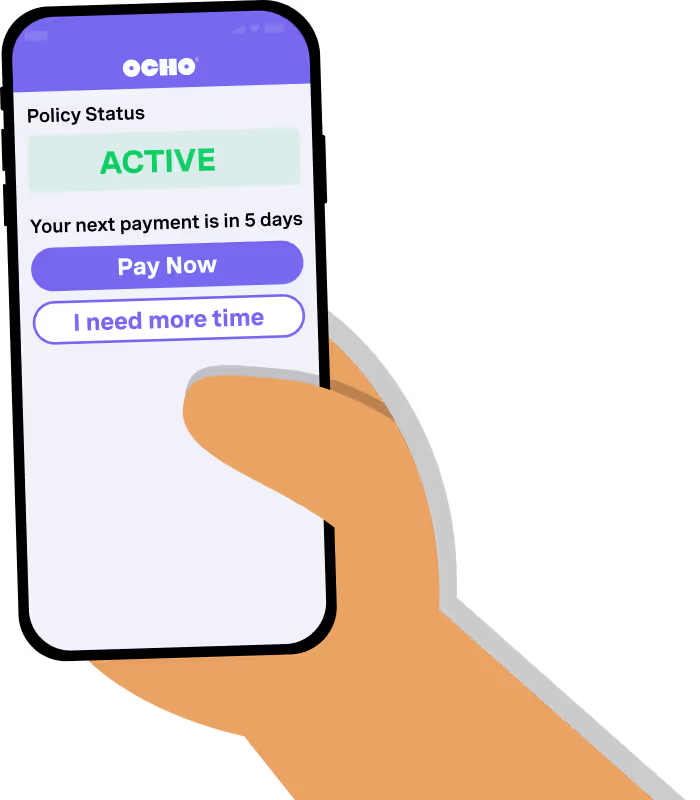
Did you know your credit score could be costing you hundreds of dollars extra on your car insurance? It might seem unfair, but in most states, insurance companies use your credit history as a major factor when calculating your premium. Why? Because the system is designed to keep charging you more when you can least afford it.
The good news? You can take control of this situation and potentially save significant money by understanding the connection between credit and insurance costs.
Let's explore how your credit score impacts your car insurance rates and discover practical steps to improve your score—and lower your premiums in the process.
When insurance companies set your rates, they're essentially trying to predict how likely you are to file claims. Surprisingly, research has consistently shown that people with lower credit scores tend to file more claims than those with higher scores.
Here's what you need to know about this controversial practice:
Here's the reality most insurance companies don't want you to know: your credit score often impacts your insurance rates MORE than minor accidents or tickets. If you're struggling with high premiums, improving your credit could be your fastest path to savings!
The difference in premiums based on credit scores can be dramatic.
Credit Score RangeAverage Annual Premium Increase:

This means a driver with poor credit might pay more than double what someone with excellent credit pays for identical coverage—even with the same driving record, vehicle, and other factors.
Insurance companies rely on statistical correlations that show people with lower credit scores are more likely to:
While the exact relationship between credit and insurance risk remains debated, multiple studies have confirmed the statistical correlation. Insurers argue that using credit information helps them more accurately price policies based on risk.
You might be paying a "poor credit penalty" if:
The good news: improving your credit score can lead to substantial insurance savings. Here's how to make it happen:
Action step: Request free credit reports from all three major bureaus (Equifax, Experian, and TransUnion) atAnnualCreditReport.com.
Many reports contain errors that could be dragging down your score. Common mistakes include:
If you find errors, dispute them directly with the credit bureaus online.
Action step: Set up automatic payments or calendar reminders for all bills.
Payment history accounts for about 35% of your credit score—making it the single most important factor. Just one missed payment can drop your score by 50-100 points and stay on your report for seven years.
OCHO's flexible payment options align with your paycheck schedule, making it easier to ensure on-time insurance payments that can help build your credit score over time.
Action step: Focus on getting your credit utilization below 30% (ideally below 10%).
Credit utilization—the percentage of available credit you're using—impacts about 30% of your score. Paying down balances can quickly improve your score, sometimes within 30-60 days.
Action step: Only apply for new credit when absolutely necessary.
Each application typically creates a "hard inquiry" that can temporarily lower your score by 5-10 points. Multiple applications in a short period suggest financial distress to lenders.
Action step: Maintain older credit accounts, even if you rarely use them.
Credit history length influences about 15% of your score. Keeping long-standing accounts open shows stability to lenders and improves your average account age.
At OCHO, we're different. We believe credit challenges shouldn't prevent you from getting affordable car insurance. While credit factors may still affect your rates (as required by our insurance partners), we offer solutions designed to help you find affordable coverage:
We're committed to helping you find coverage options, even when your credit isn't perfect.
If you live in one of these states, your credit score won't impact your car insurance rates due to state regulations:
Several other states are currently considering similar legislation, and the practice remains under scrutiny by consumer advocates nationwide.
Most insurance companies only check your credit when you initially apply for coverage or when you request a quote. Some may also check at renewal time, typically every 6-12 months.
This means:
While the connection between credit scores and insurance rates remains controversial, the reality is that in most states, improving your credit can lead to substantially lower premiums—sometimes saving hundreds or even thousands of dollars annually.
OCHO believes car insurance should be affordable for everyone, regardless of their financial history. Our flexible payment options and credit-building opportunities provide a real path forward for drivers looking to improve both their credit and their insurance situation.
No one looks after you like OCHO does.
Ready to experience the OCHO difference? Get a quote today and discover how our revolutionary approach makes quality insurance accessible for everyone.
Does getting an insurance quote affect my credit score?
No. Insurance companies use a "soft inquiry" when checking your credit for quotes, which doesn't impact your score.
How often do insurance companies check credit scores?
Most companies check when you first apply and may recheck at renewal periods (typically every 6-12 months).
Can I ask my insurance company for an exception to their credit scoring?
Some states require insurers to consider "extraordinary life circumstances" like divorce, serious illness, job loss, or identity theft that may have affected your credit.
Will my rates automatically go down if my credit improves?
Not automatically. You'll typically need to request a review or wait until your policy renewal.
Does OCHO use credit scores in all states?
OCHO follows all state regulations regarding the use of credit information in insurance rating. In the states where OCHO operates (AZ, GA, IL, MO, NM, TX, WA, and WI), we work within the applicable laws regarding credit-based insurance scoring.
Compare & get covered fast
Find and compare auto insurance in minutes, and get your free credit score.
Choose when you pay
Select payment dates that line up with your payday.
Manage everything in one place
Track your policy, manage payments, and request a payment extension right from your dashboard.
